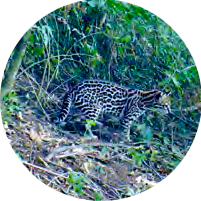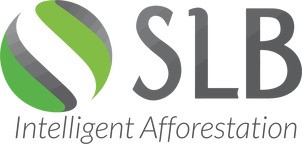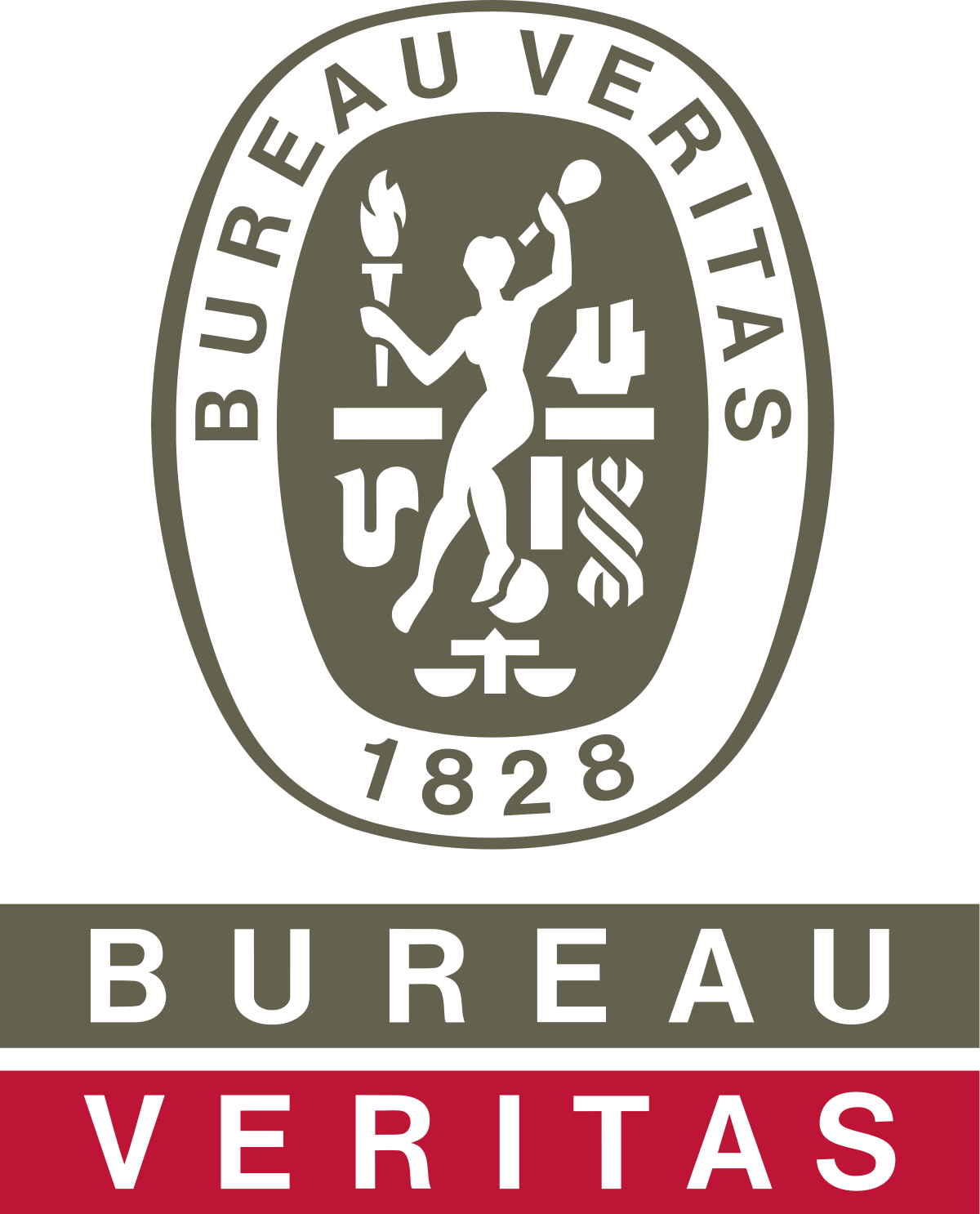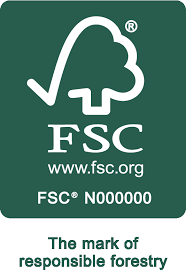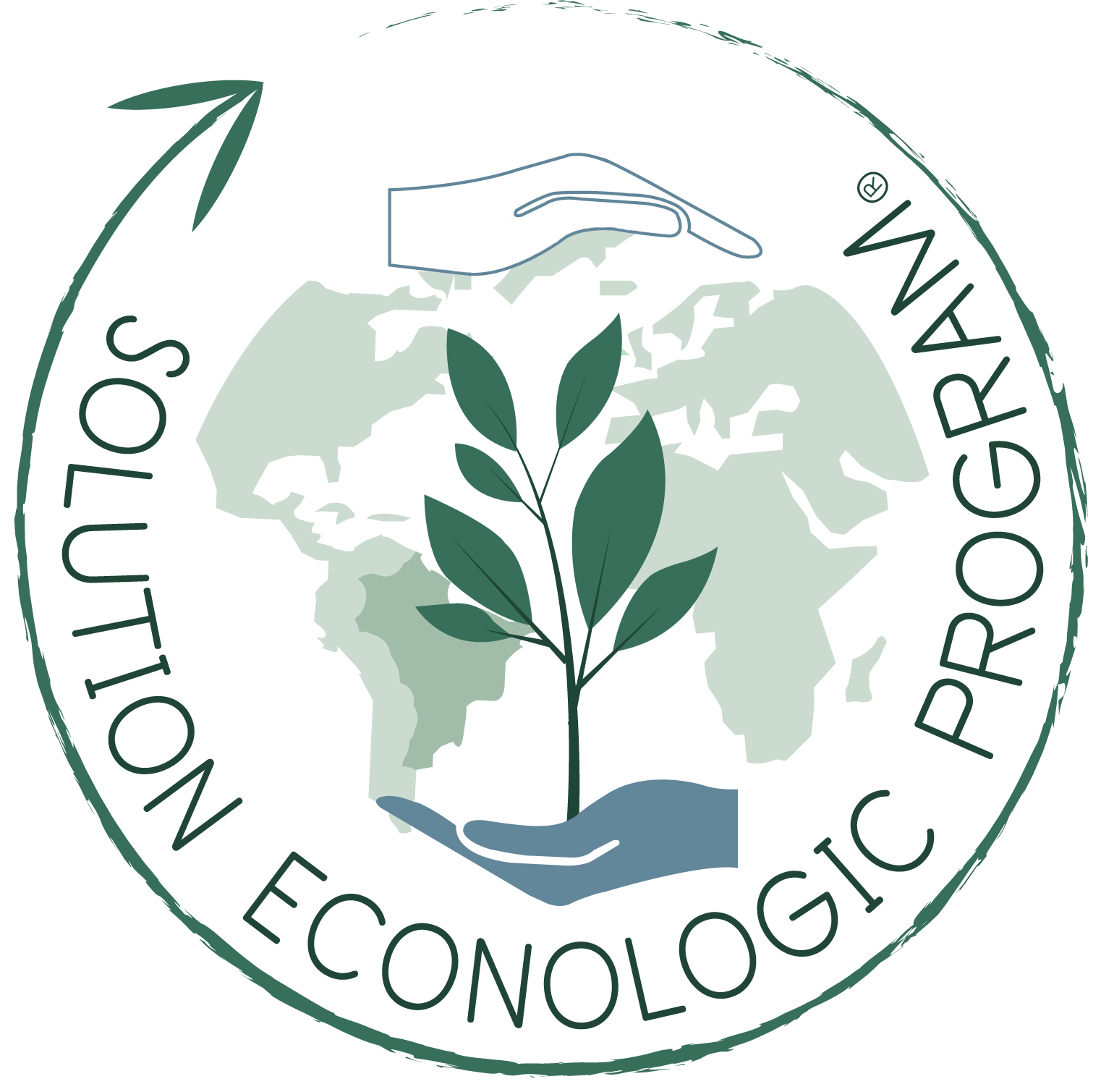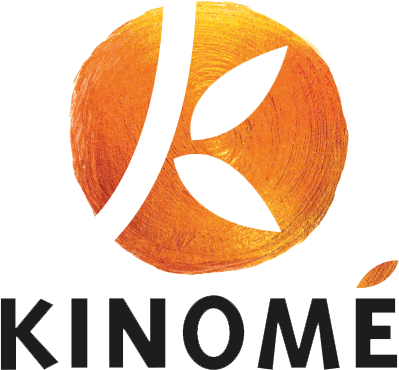WHY INVEST IN FORESTS?
ISSUES - CAUSES - EFFECTS
Carbon dioxide and methane are the main greenhouse gases. When their emissions increase, these gases act as a blanket around the Earth and trap the sun's heat. This phenomenon leads to global warming and climate change.
Over time, rising temperatures disrupt climatic conditions and upset the normal natural balance. This situation poses many risks for humans and all other life on Earth.
The causes of this global warming are linked to several factors:
Energy production, industrial production, deforestation, transportation use, food production, building supply and overconsumption.
And its consequences are now well understood:
Biodiversity loss, droughts and floods, more heat waves and fewer cold spells, extreme storms ;
Added to this are indirect effects such as rising sea levels and an increase in the area of accelerated spread of diseases, transmitted by water and other vectors; but also food shortages and poverty due to habitat destruction.

OUR COMMITMENT
AFFORESTATION
Also called afforestation, is a tree plantation whose purpose is to establish a wooded state on an area that has long been devoid of trees, or has never belonged to the forest area.
In order to fight and mitigate these changes, forests are high quality carbon sinks with a sustainable sequestration of CO2, in particular through wood outlets (furniture, construction).
Ainsi, en 2022, CAUDA Enterprises obtient le Certificat Carbone du groupe SLB en participant à un programme d’afforestation innovant, Econologic Program 2, contribuant à la neutralité carbone mondiale et aux objectifs de développement Durable n°8, 13 et 15.
Carbon neutrality is a state of balance between man-made greenhouse gas emissions and their removal from the atmosphere by or through humans, for example by deforesting and replanting forests.
It is measured by the carbon footprint which is the calculation of all greenhouse gas emissions released by a human being.
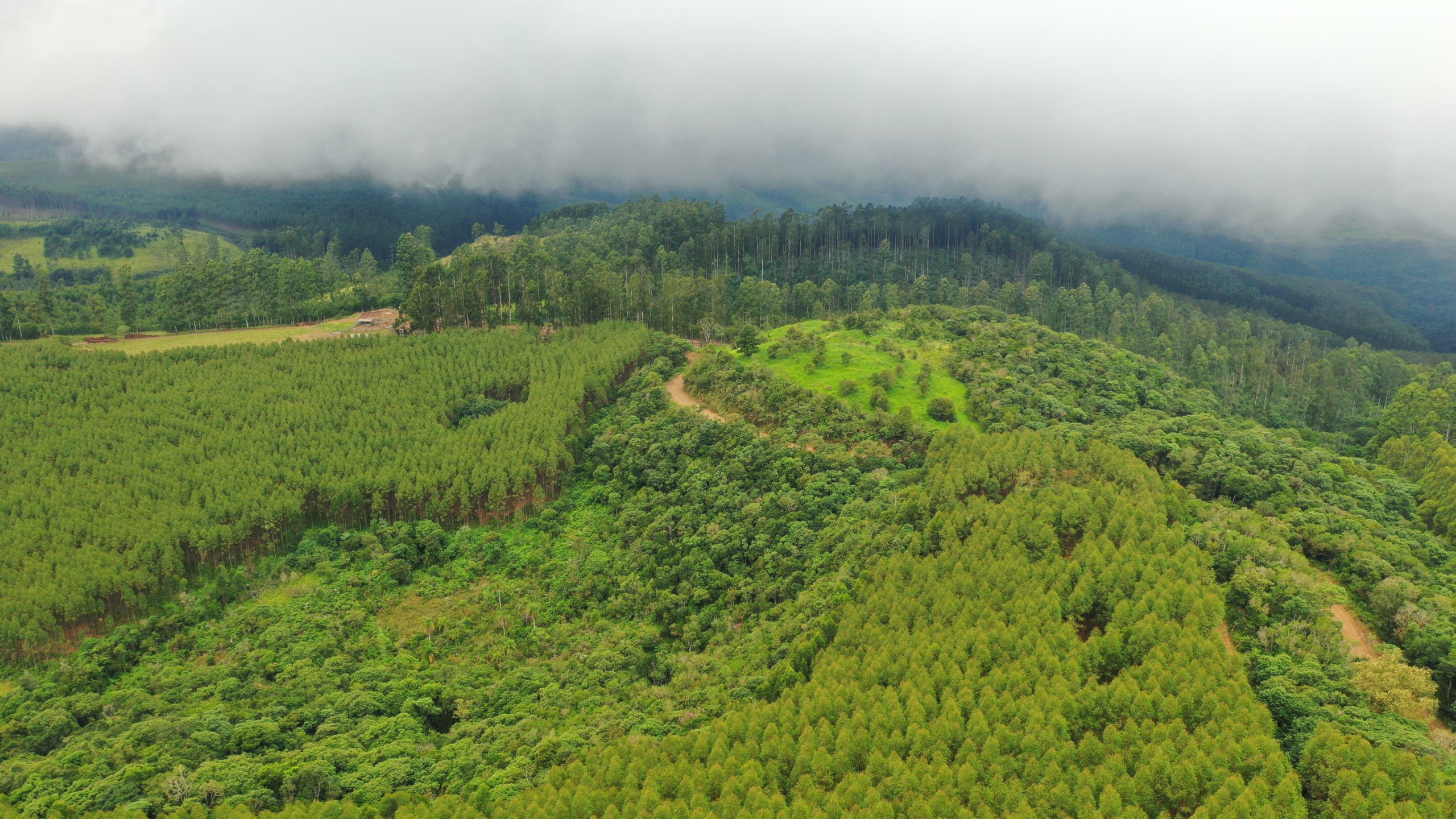
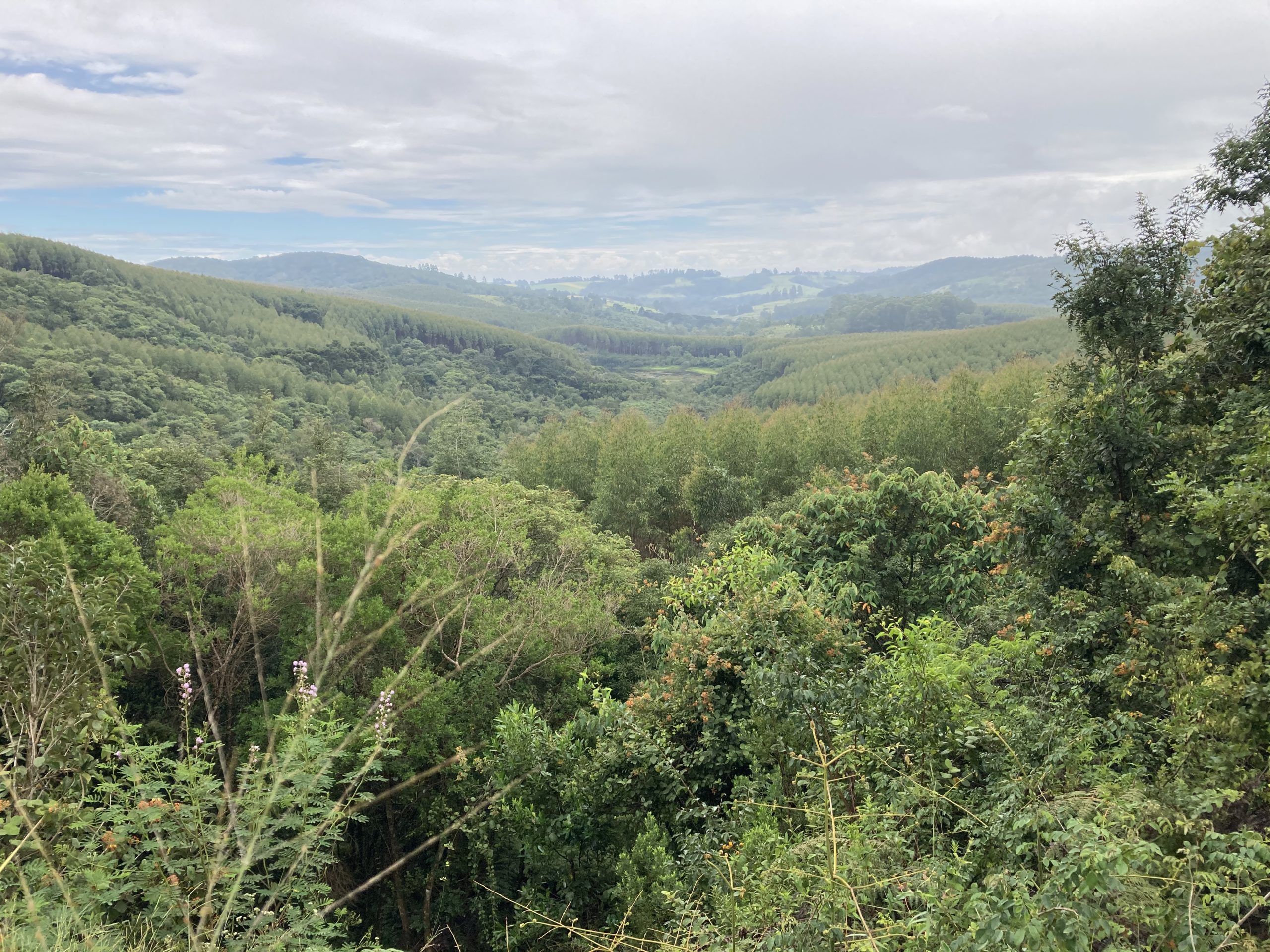
ECONOLOGY
Neologism that designates activities that are both economically profitable and environmentally friendly.
Today, our carbon footprint ranges from one to 18 tons of CO2 per person, depending on various factors such as lifestyle and geographic location.
For 1 ton of CO2 emitted per year, more than 60 trees would have to be planted each year.
Cauda, by participating in the Econologic Program 2 project, has planted 3,870 trees, thus saving 2.4 hectares of native forest, which corresponds to approximately 1,858 tons of CO2 fixed.
THE FORESTS
SLB, a French timber trading company founded in 1991 that has expanded its role internationally through the acquisition and sustainable management of forests, plants forests of fast-growing trees intended to produce certified wood, thus avoiding the use of species from native forests.
40% of the program's land is native forest, protected and naturally regenerated in order to preserve biodiversity.
The remaining 60% corresponds to the forests planted by the group.

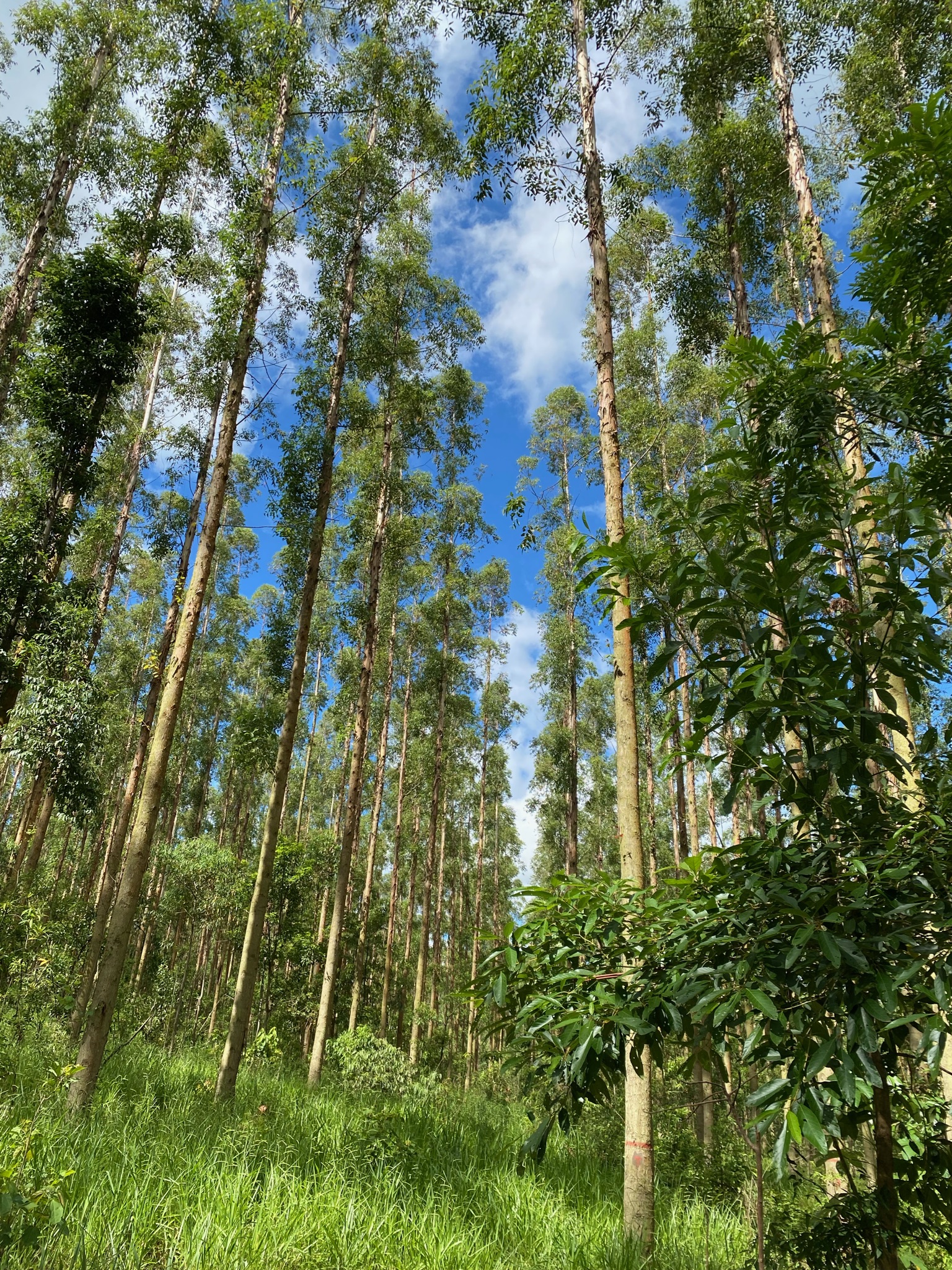
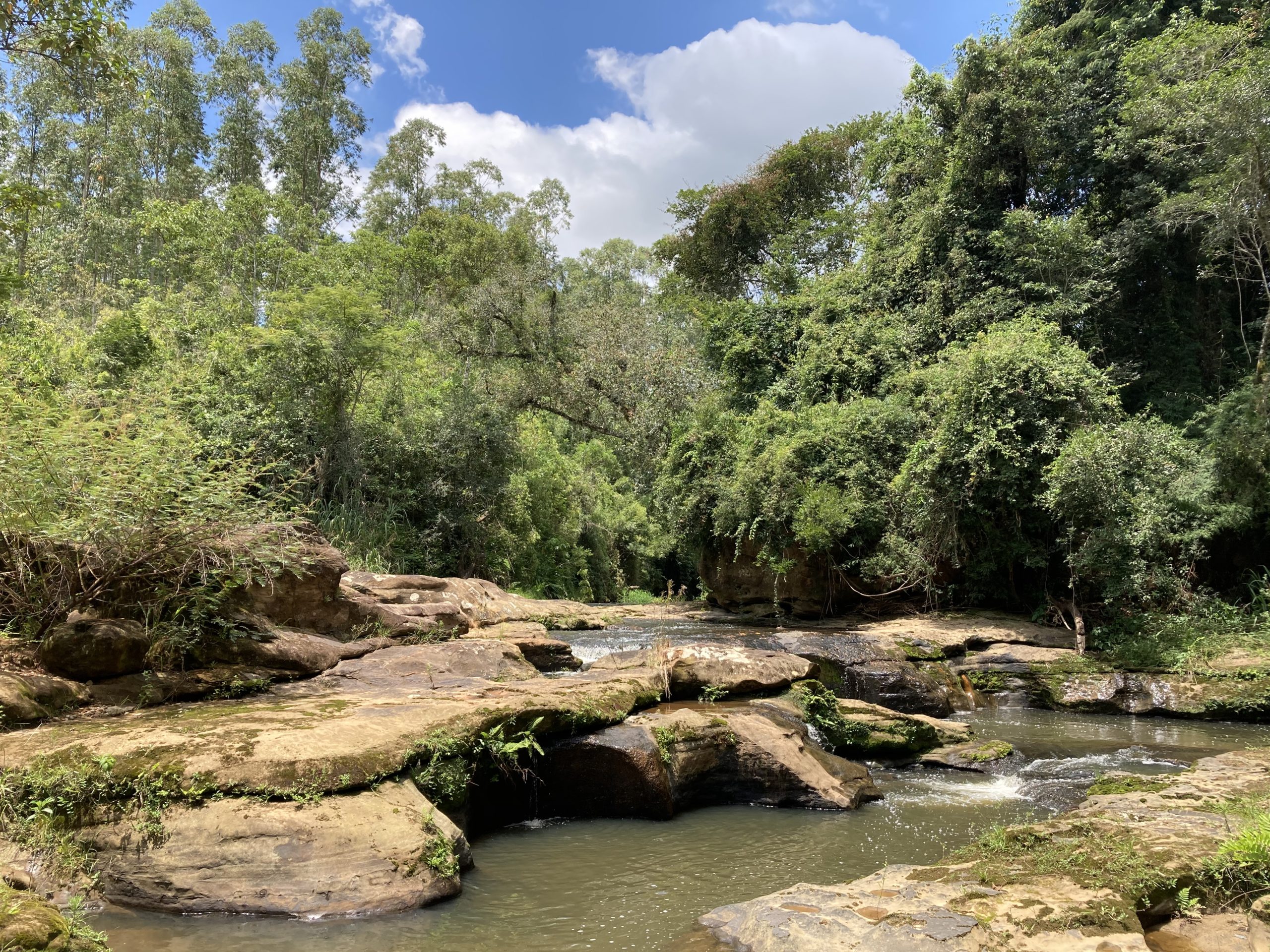
Innovative expertise and results
 Land selection to create the afforestation program (land degraded by intensive agriculture)
Land selection to create the afforestation program (land degraded by intensive agriculture)

Soil Preservation: 1 100 feet / ha (vs 3 000 feet in the plantations)
40 % of the program's land is native forest preserve (vs. 20% for legal standards)
Sustainable management: thinning over 20 years (vs. clear cutting after 7 years on average)
 Collaboration with the local population 254 direct and indirect jobs in Brazil, in 2021)
Collaboration with the local population 254 direct and indirect jobs in Brazil, in 2021)

Inspection and expertise of forests every year during the program
Fire and natural disaster insurance
 Optimization of CO2 capture and reduction of water requirements with our biochar whose production is patented with zero CO2 emissions
Optimization of CO2 capture and reduction of water requirements with our biochar whose production is patented with zero CO2 emissions
In 2020, we observed the return of ocelots thanks to the ecological corridors created by our planted forests linking the native forest plots together.
